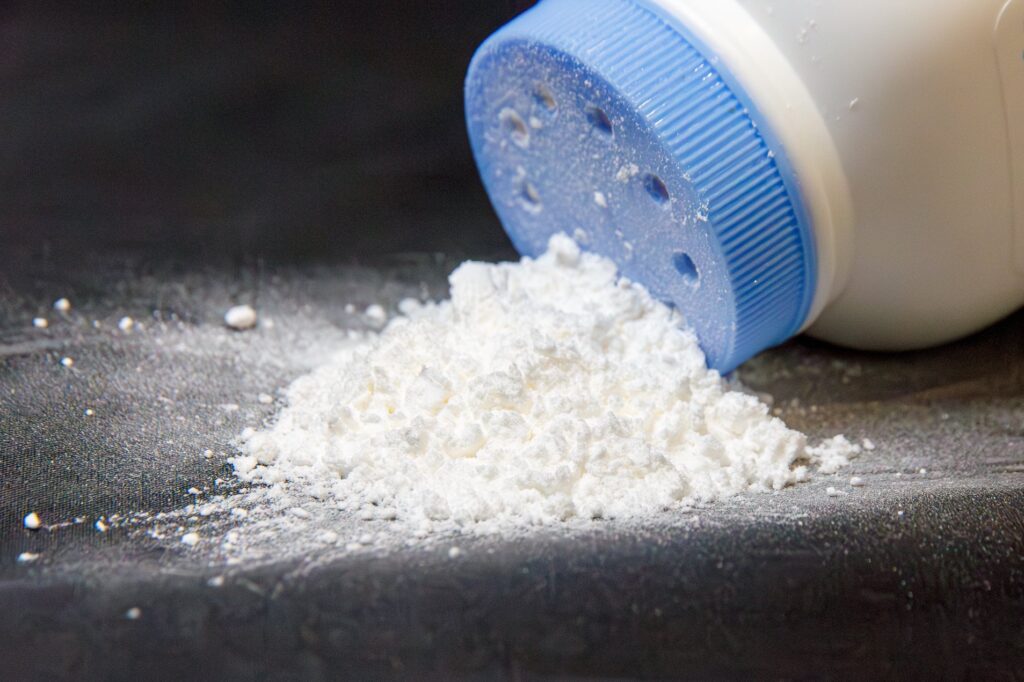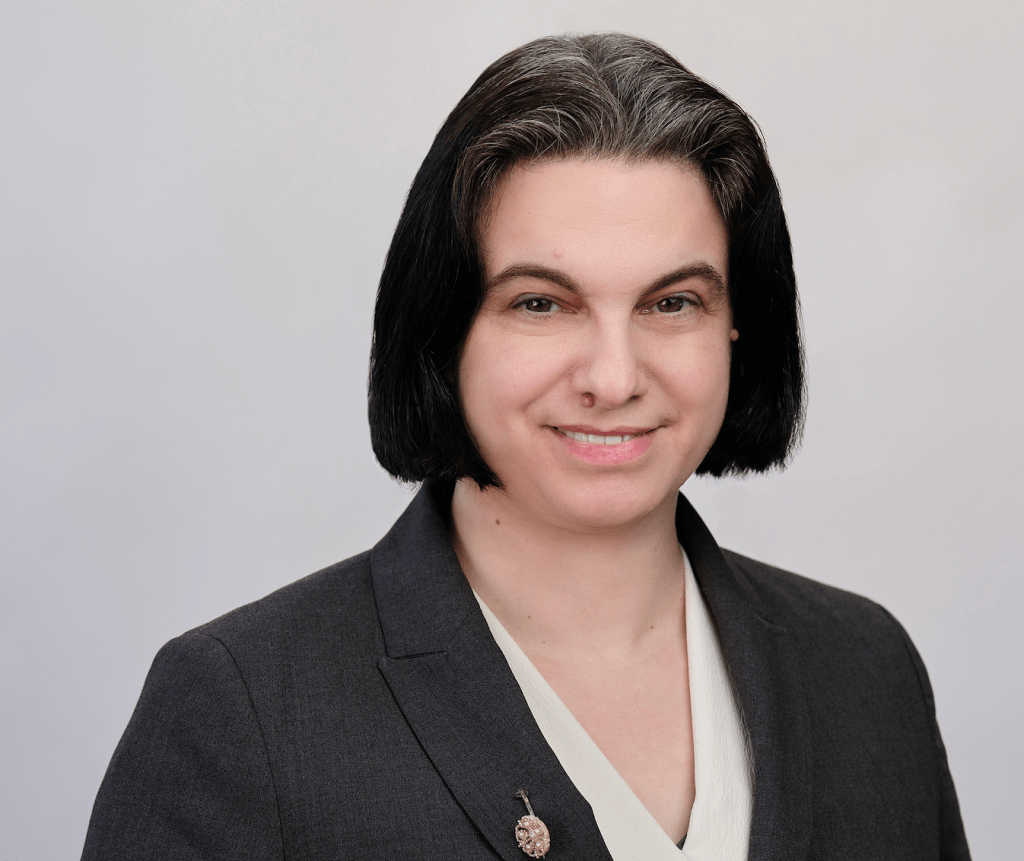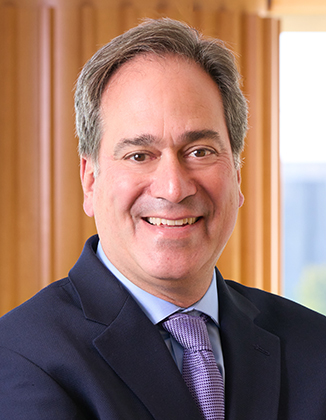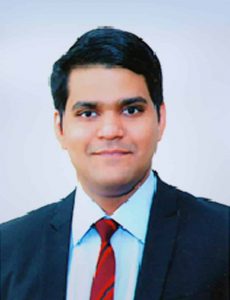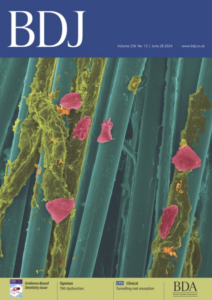A journal will not retract a paper linking use of talc-based baby powder to cancer, despite legal pressure from the pharmaceutical giant that made the product.
A lawyer representing a unit of Johnson & Johnson in May asked editors of the Journal of Occupational and Environmental Medicine to retract a paper on cases of mesothelioma associated with cosmetic talc, following the court-ordered release of the identities of the people described in the article.
The lawyer alleged many of the patients had other exposures to asbestos than cosmetic talc, rendering the article’s fundamental claims “false.”
Continue reading Editors won’t retract talc and cancer article J&J says is false in court